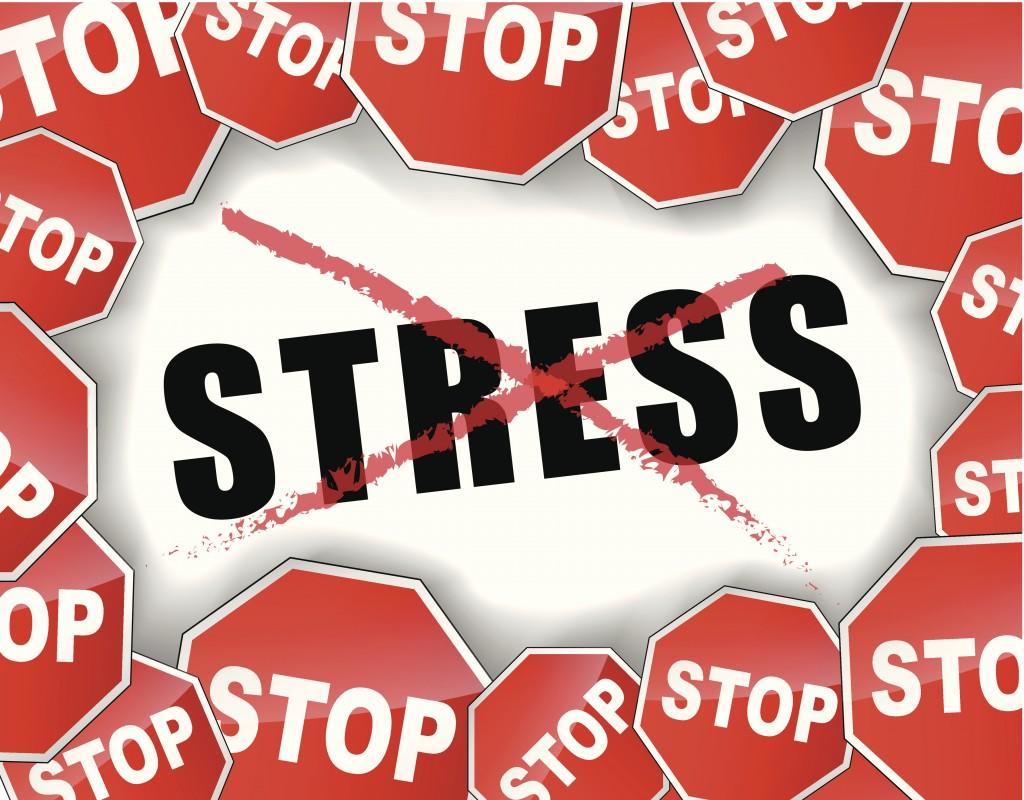Stop sweating the small stuff

The relationship between stress and stroke is not completely clear. There is however evidence which shows that some people who experience high levels of stress or long periods of stress may high higher blood cholesterol, higher blood pressure, and be more prone to atherosclerosis development (narrowing of the arteries). All of these are risk factors to having a stroke.
SYMPTOMS: High stress levels can make you feel anxious, develop headaches or stomach aches, even mimic other illnesses. Being exposed to long term stress may also lead to mental health issues involving depression.
Tips to keeping your cool
–Figure out what is bothering you: identifying the issue is the first step to relieving it!
-Have some “you” time: take time out to do something for yourself, even if it something as small as meditating for a few minutes, or taking a walk outside.
-Share your troubles: turn to a friend if you need to talk to someone. Getting thoughts out in the open may help relieve any pressure you are feeling.
-Stay physically active: turning to exercise can be a great reliever of stress, but always talk to your care provider before starting any new activity program.
-Eat healthy foods: do not skip meals, try to make your meals colourful with a variety of vegetables.
-Laugh it out: laughing is the body’s natural stress reliever, and will improve your mood instantly!
For more information:
Heart_Disease Reduce your stress
Coping with Stress brochure available at link below (with a stress index test available):
Heart disease Coping with Stress






